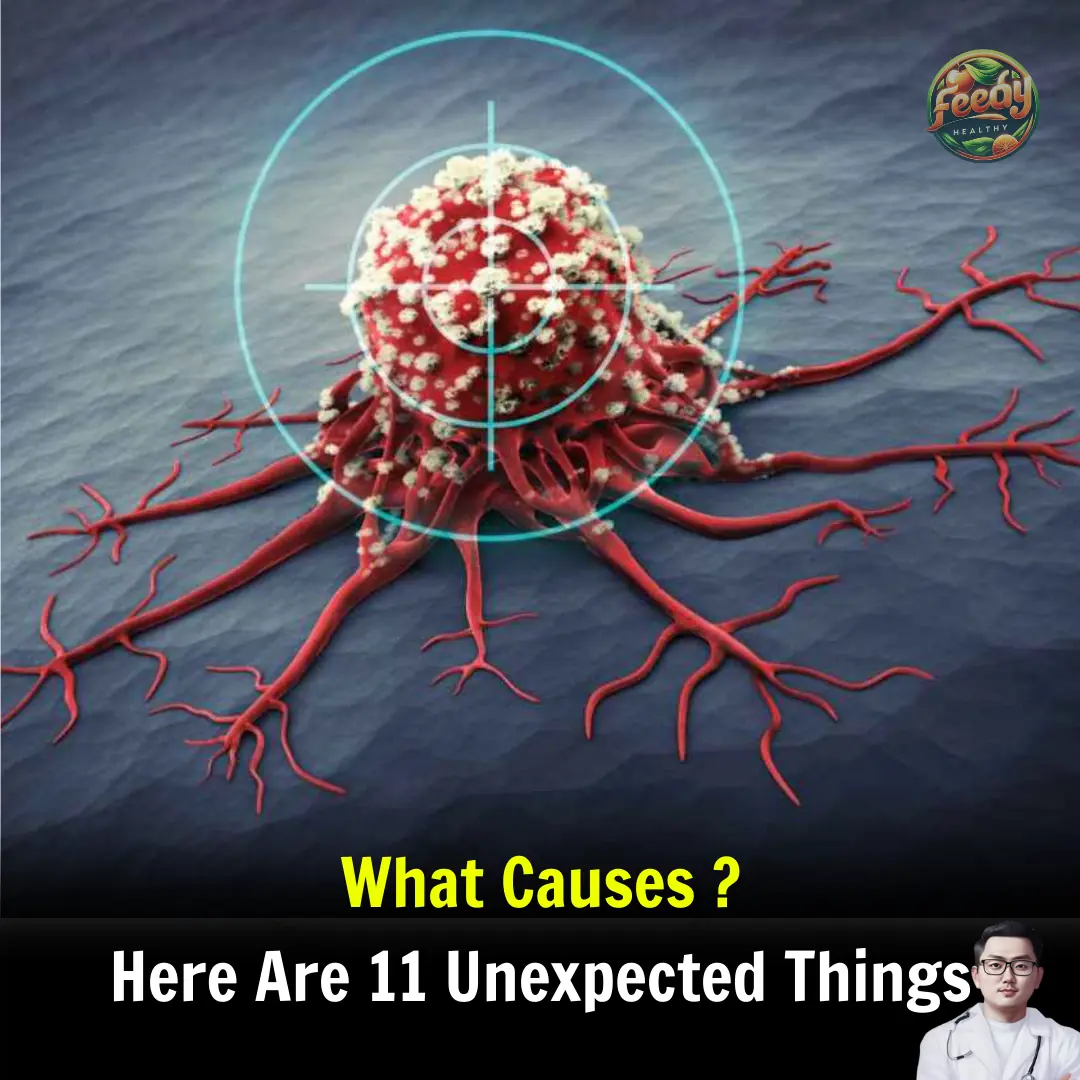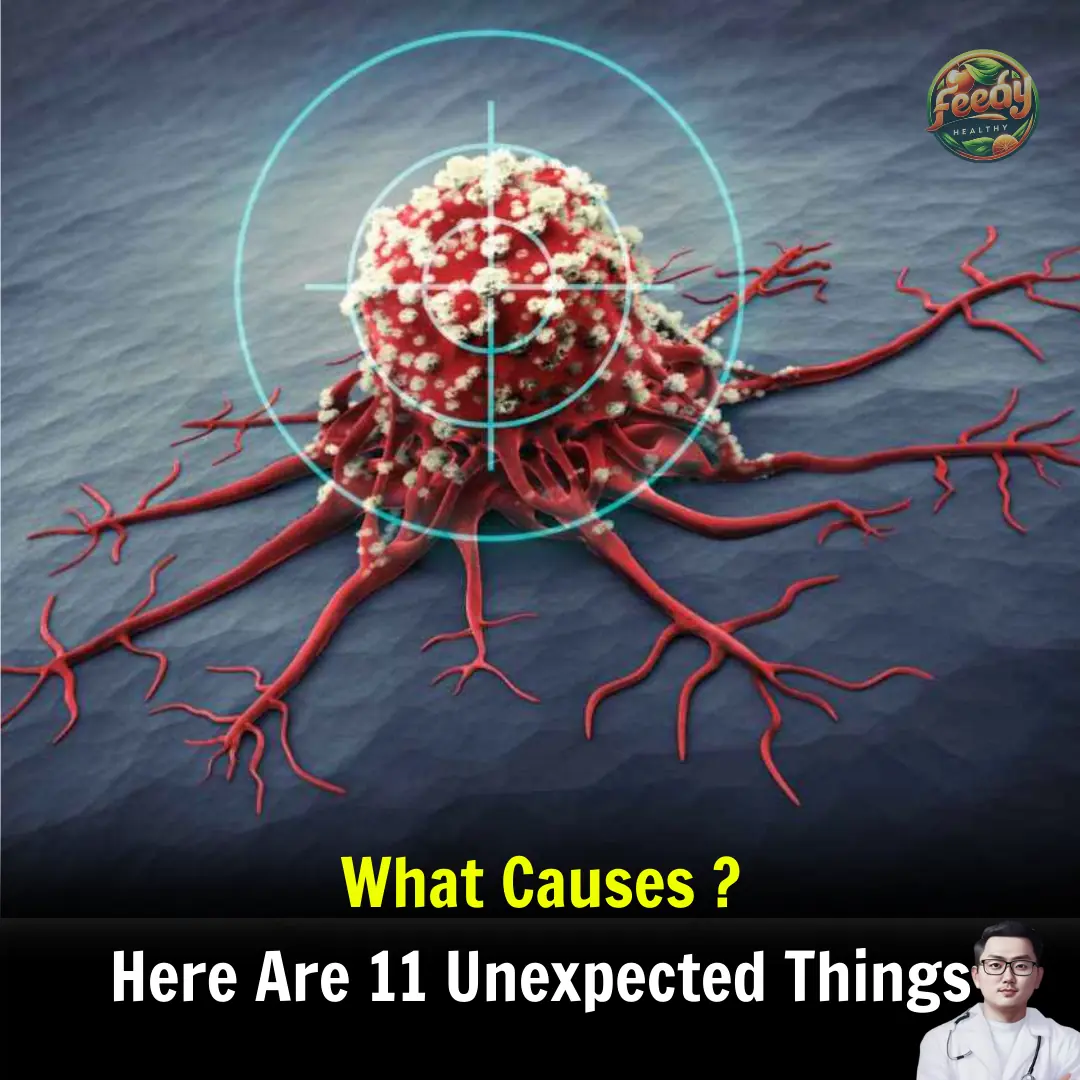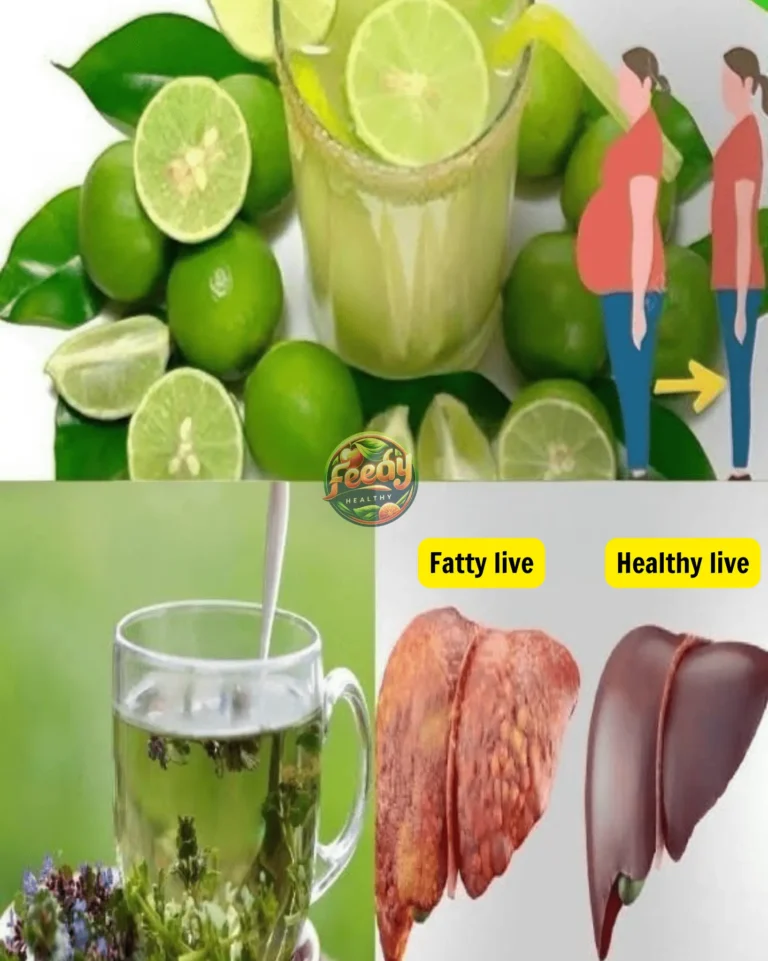25+ Things We Do Every Day Linked to Cancer

25 Everyday Habits That May Increase Cancer Risk
Cancer is one of the leading causes of death worldwide, and while some risk factors like genetics are beyond our control, many everyday habits may also contribute to the development of cancer. Understanding and eliminating these risks can significantly reduce the likelihood of developing the disease. Here are 25 common activities that may increase cancer risk and what you can do to mitigate them.
1. Excessive Sun Exposure
Overexposure to UV rays can lead to skin cancer, including melanoma. To protect yourself, wear sunscreen with at least SPF 30, seek shade, and wear protective clothing when outdoors.
2. Indoor Tanning
Tanning beds expose the skin to concentrated UV radiation, increasing the risk of skin cancer. Opt for safer alternatives like self-tanning lotions.
3. Frequent Flying
Frequent air travel exposes passengers to higher levels of cosmic radiation, which can increase cancer risk over time. If possible, minimize unnecessary flights.
4. Smoking
Tobacco smoke contains over 70 known carcinogens. Quitting smoking significantly reduces your risk of lung cancer and other tobacco-related diseases.
5. Secondhand Smoke Exposure
Even if you don’t smoke, exposure to secondhand smoke can still elevate cancer risk. Avoid smoky environments whenever possible.
6. Alcohol Consumption
Excessive alcohol intake has been linked to various cancers, including breast and liver cancer. Moderation is key, or consider eliminating alcohol altogether.
7. Being Overweight
Obesity is associated with increased risks for various cancers. A balanced diet and regular exercise can help maintain a healthy weight.
8. Regular Nail Salon Visits
Certain nail polishes and salon chemicals contain harmful substances that have been linked to cancer. Look for salons that use non-toxic products.
9. Drinking Unfiltered Tap Water
Tap water may contain harmful contaminants like arsenic and nitrates. Using a water filtration system can help reduce exposure.
10. Leading a Sedentary Lifestyle
Lack of physical activity is associated with several types of cancer, including colon and breast cancer. Engage in regular exercise to boost your immune system.
11. Working Night Shifts
Disrupting your circadian rhythm by working late-night shifts can increase cancer risk. Try to maintain a consistent sleep schedule and limit night shift work if possible.
12. Dry Cleaning Chemicals
Perchloroethylene (PERC), a chemical used in dry cleaning, has been classified as a probable carcinogen. Look for dry cleaners that use eco-friendly alternatives.
13. Radon Exposure
Radon is a naturally occurring gas that can seep into homes and is a leading cause of lung cancer. Testing and mitigating radon levels in your home can help reduce risk.
14. HPV Infection
Human papillomavirus (HPV) is a known cause of cervical and other cancers. Vaccination and regular screenings can help prevent HPV-related cancers.
15. Consuming Processed Meat
Processed meats such as bacon and hot dogs contain carcinogens linked to colorectal cancer. Limit consumption and opt for fresh, unprocessed protein sources.
16. Drinking Very Hot Beverages
Drinking beverages above 149°F can increase the risk of esophageal cancer. Allow drinks to cool before consumption.
17. Heating Food in Plastic Containers
Microwaving food in plastic containers can release harmful chemicals. Use glass or ceramic containers instead.
18. Eating Too Much Red Meat
Excessive red meat consumption has been linked to colorectal cancer. Reducing intake and incorporating more plant-based meals can be beneficial.
19. Unprotected Sex
Unprotected sex can lead to HPV and other infections linked to cancer. Practicing safe sex and getting vaccinated can lower risk.
20. Using Weed Killers
Certain herbicides contain chemicals that may be carcinogenic. Opt for natural alternatives like vinegar-based weed killers.
21. Air Pollution Exposure
Polluted air contains carcinogens that can damage lung cells. If you live in an area with high pollution, consider using air purifiers at home.
22. Consuming Trans Fats
Trans fats are found in many processed foods and are linked to increased cancer risk. Check labels and avoid foods with hydrogenated oils.
23. Asbestos Exposure
Asbestos, once commonly used in construction, is a known carcinogen. If renovating an older home, take precautions to avoid asbestos exposure.
24. Chewing Tobacco
Smokeless tobacco is linked to cancers of the mouth, throat, and esophagus. Avoiding tobacco products entirely is the best preventive measure.
25. Uncontrolled Diabetes
Unmanaged diabetes can lead to complications that increase cancer risk. Regular monitoring and a healthy lifestyle can help control blood sugar levels.
Conclusion
While cancer risk cannot be completely eliminated, being mindful of these everyday habits and making small changes can significantly reduce your chances of developing the disease. Prioritizing a healthy lifestyle, regular medical check-ups, and preventive measures can go a long way in protecting your health







